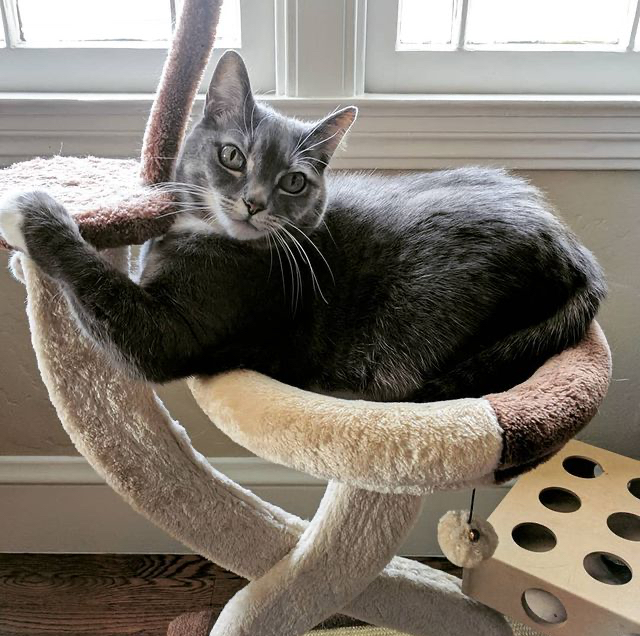Following Bhutan’s Example
This weekend I had a small taste of what other people have been experiencing for the past year with this pandemic. Serenity, a cat I love and the closest I’ve come to a pet since I moved out of my parents’ house, died. Under normal circumstances, I would have been able to say goodbye to her in person but because of the pandemic, I said goodbye over Facetime.
I’m grateful I had the opportunity to say goodbye at all, but I would have much rather been able to pet her one last time. There are numerous crappy things about this pandemic but the worst, emotionally speaking, is the feeling of being alone. We already know this because we’ve experienced it ourselves, and I’m sure you’ve seen the news articles about the increase in mental health issues such as depression and anxiety during this pandemic. Grief is also something meant to be shared, and ideally in person. Online memorials and the like are better than nothing, but they’re not the same as in-person events.
I keep thinking about an article I read in the Atlantic nearly a month ago detailing Bhutan’s experience during this pandemic. It has me wondering, what would life be like in the U.S. if we followed Bhutan’s example? Would I have been able to say goodbye to Serenity in person?
As of late February, Bhutan only had one death from COVID-19. Not one death that day or week, one death period. Madeline Drexler writes nations like Bhutan, because there are others with low death rates, “offer plenty of lessons, from the importance of attentive leadership, the need to ensure that people have enough provisions and financial means to follow public-health guidance, and the shared understanding that individuals and communities must sacrifice to protect the well-being of all: elements that have been sorely lacking in the U.S.”
However, what struck me the most about the article is that the country made it possible for people to follow public-health guidance by providing economic and social support to those who need to quarantine or isolate. And furthermore, the king of Bhutan explicitly told government leaders that “even one death from COVID-19 would be too much for a small nation that regards itself as a family,” Drexler wrote.
Look, I know Bhutan is smaller than the U.S., that the politics are different, etc., but what would it feel like to have a sense we’re all in this together instead of every person being out for themselves? If the government just says “stay at home” but doesn’t offer support for doing so, we wind up with a situation like we currently have.
What would it be like if we all adopted Bhutan’s worldview that we’re one big family? That it was our responsibility to care for and protect our family members? How would we behave differently? I suspect it would be a much more enjoyable experience for us all.
I dream of a world where we care about ourselves and each other. A world where we recognize our actions have consequences even if they’re not readily apparent. A world where we remember we’re not alone even if it feels that way sometimes. A world where we embrace the idea we are one big family.
Another world is not only possible, it’s probable.



[…] week I wrote about the perspective Bhutan has taken in this pandemic that everyone is a part of one big family and how that’s played out in terms of […]